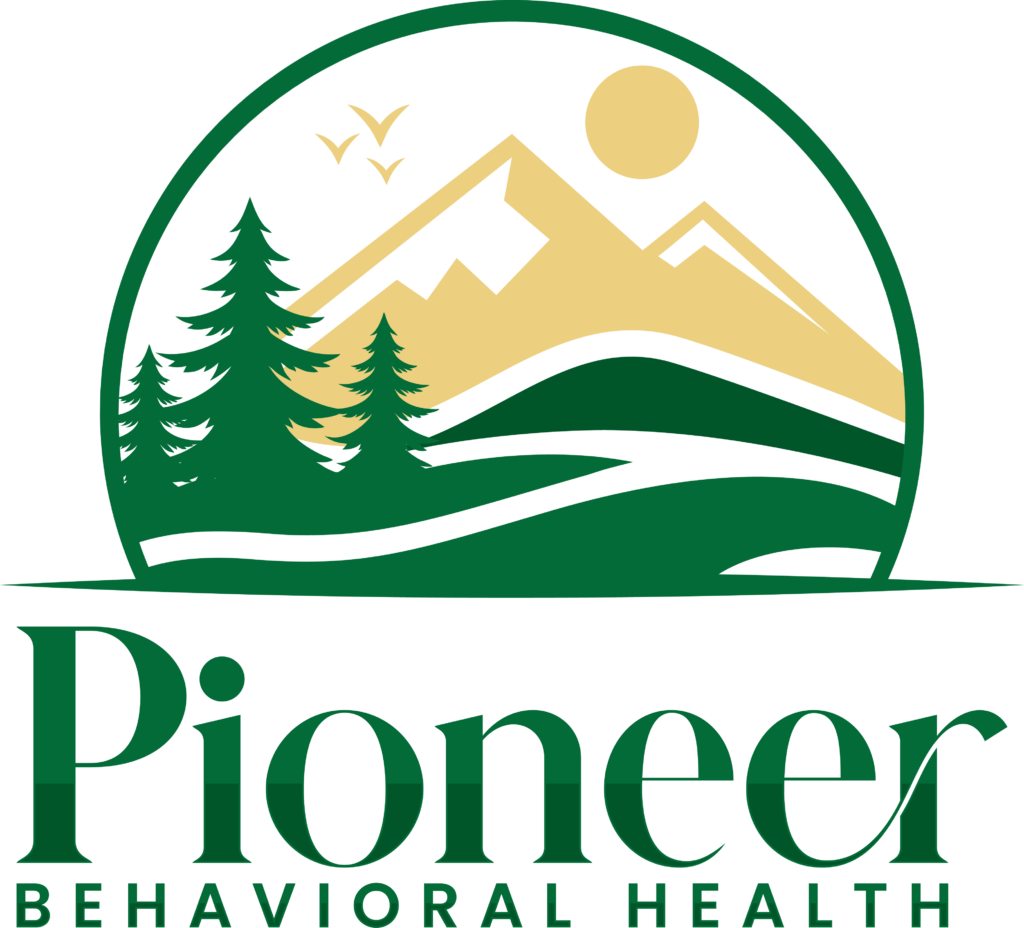Cocaine addiction is a powerful and often overwhelming struggle that affects not only individuals but also their families and communities. Breaking free from this cycle may seem daunting, but recovery is possible with the right support, strategies, and commitment. By understanding the nature of cocaine addiction and exploring effective steps toward recovery, individuals can take control of their lives and begin the journey to healing.
Understanding Cocaine Addiction
Cocaine is a highly addictive stimulant that affects the brain’s reward system, leading to intense feelings of euphoria and increased energy. Over time, continued use can cause physical, psychological, and emotional dependence. Common signs of cocaine addiction include:
- Cravings and an inability to stop using despite negative consequences.
- Changes in behavior, such as secrecy, aggression, or risky decision-making.
- Physical symptoms like weight loss, insomnia, and cardiovascular issues.
- Psychological symptoms, including anxiety, paranoia, and depression.
Recognizing these signs is the first step in addressing addiction and seeking help.
Steps Toward Recovery
Recovery from cocaine addiction is a multi-faceted process that involves addressing physical, emotional, and social aspects of dependency. Here are the key steps to breaking the cycle:
1. Acknowledge the Problem
The first step to recovery is acknowledging that you have a problem and need help. Denial often prevents individuals from seeking treatment, but admitting the need for change is a powerful and necessary move toward healing.
2. Seek Professional Help
Cocaine addiction often requires professional intervention. Treatment programs offer medical expertise, counseling, and structured support to help individuals overcome addiction. Key options include:
- Detoxification: Supervised detox helps manage withdrawal symptoms safely.
- Inpatient Treatment: A structured environment providing intensive therapy and support.
- Outpatient Programs: Flexible treatment plans that allow individuals to maintain work and family responsibilities while receiving care.
Visit our Cocaine Addiction Treatment page to learn more about the programs we offer.
3. Build a Support System
Recovery is not a journey you have to take alone. Surround yourself with people who care about your well-being and support your sobriety, such as:
- Family and friends who encourage healthy habits.
- Support groups, like Narcotics Anonymous, where you can connect with others facing similar challenges.
- Therapists or counselors who can provide guidance and accountability.
4. Address Underlying Issues
Many individuals struggling with cocaine addiction have underlying emotional or psychological issues, such as trauma, anxiety, or depression. Addressing these root causes is essential for lasting recovery. Therapy options include:
- Cognitive Behavioral Therapy (CBT): Helps reframe negative thought patterns and develop healthier coping mechanisms.
- Trauma Therapy: Addresses past experiences that may contribute to addiction.
- Dual Diagnosis Treatment: Focuses on co-occurring mental health and addiction disorders.
5. Develop Healthy Habits
Replacing harmful behaviors with positive habits can strengthen your recovery and improve overall well-being. Consider:
- Regular Exercise: Physical activity boosts mood and reduces stress.
- Balanced Nutrition: A healthy diet supports physical and mental recovery.
- Mindfulness Practices: Activities like meditation and yoga promote emotional stability.
6. Avoid Triggers and High-Risk Situations
Identify and avoid people, places, or activities that may tempt you to use cocaine. Develop strategies to handle stress and cravings, such as:
- Practicing relaxation techniques.
- Creating a structured daily routine.
- Reaching out to your support network during challenging times.
7. Commit to Ongoing Recovery
Recovery is an ongoing process that requires continuous effort and self-awareness. Regularly attending therapy, support groups, and check-ins with healthcare providers can help you stay on track. Celebrate your progress and remember that setbacks are part of the journey—what matters is your commitment to keep moving forward.
Why Professional Support Matters
Cocaine addiction is a complex condition that often requires medical and psychological intervention. At Pioneer Behavioral Health, we offer comprehensive treatment programs tailored to each individual’s needs. Our experienced team provides the tools, guidance, and support necessary for long-term recovery.
Ready to take the first step? Visit our Addiction Recovery Programs page or contact us today to learn how we can help you break free from cocaine addiction and reclaim your life.
Get Help Today
Breaking the cycle of cocaine addiction is challenging, but it’s a journey worth taking. With the right strategies, a strong support system, and professional guidance, recovery is achievable. Remember, every step forward—no matter how small—is a step toward a healthier, happier future. Take that first step today and start building the life you deserve. Reach out to Pioneer Behavioral Health.


